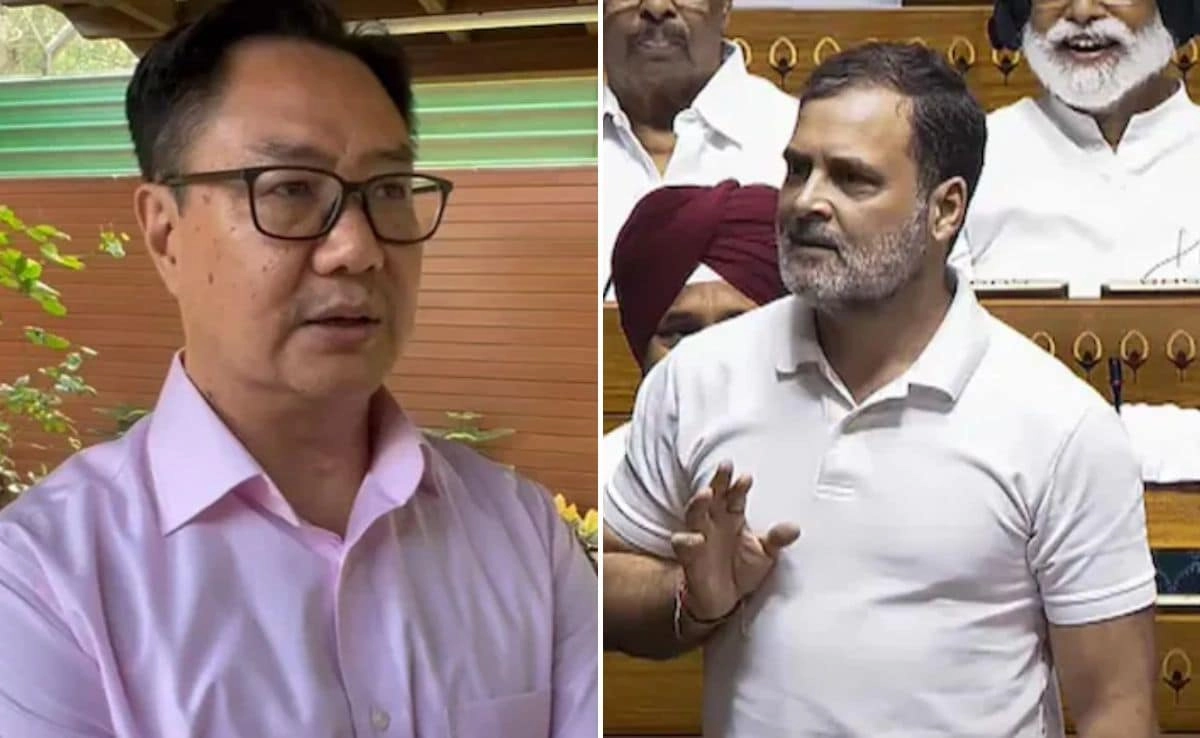Union Minister Kiren Rijiju has publicly criticized Rahul Gandhi for his recent remarks regarding the Election Commission of India, labeling them as “anti-India.” This confrontation arises in the context of Gandhi’s comments, which he made during a political rally where he expressed concerns over the impartiality and integrity of the electoral body. Rijiju, known for his strong stance on national integrity, argued that such statements undermine the credibility of democratic institutions and could potentially sway public perception in a negative direction. He emphasized the importance of respecting constitutional bodies, which are designed to ensure fair and transparent elections, a cornerstone of the democratic process.
Rijiju’s response highlights a growing tension between political leaders in India, particularly as the country approaches crucial elections. By framing Gandhi’s remarks as detrimental to national unity, Rijiju seeks to rally support for the institutions that govern the electoral process. He contends that questioning the integrity of the Election Commission is not only a political strategy but a dangerous precedent that could erode trust in democratic practices. The minister’s comments serve as a reminder of the delicate balance between political discourse and respect for the systems that uphold democracy.
The backdrop of this exchange is significant, as it reflects broader issues surrounding electoral integrity and the role of political rhetoric in shaping public opinion. As political parties gear up for elections, the stakes are high, and accusations can have lasting implications. Rijiju’s condemnation of Gandhi’s statements calls for a more responsible approach to political dialogue, one that prioritizes the stability and integrity of democratic institutions over partisan gain. This incident prompts a reflection on the responsibilities of political leaders in fostering an environment of respect and trust, especially in the context of an increasingly polarized political landscape.
In a democracy, the health of its institutions is paramount, and leaders must navigate their responsibilities with care. Rijiju’s remarks serve as a call to action for all political actors to engage in constructive discourse that upholds the values of democracy, rather than resorting to divisive rhetoric that could jeopardize public confidence in the electoral process. As the political climate continues to evolve, the emphasis on mutual respect for institutions will be crucial in ensuring that the democratic framework remains robust and resilient.




